Policy brief – Negotiating Capacity Building: The case of maritime security projects in Ghana
The Gulf of Guinea is a global hotspot for maritime insecurity. Ghana, a country in this region, has had its share of blue crime in its waters. This makes it a relevant object of study partly because the country continues to suffer acts of maritime insecurity, including piracy. At the ...
Beyond Competition: Why the U.S. must cooperate with China and Russia for Maritime Stability
By Jan Stockbruegger and Christian Bueger Great power competition with China and Russia dominates debates in Washington. Few analysts therefore paid attention when U.S. Secretary of State Antony Blinken joined Russian President Vladimir Putin and other leaders at the UN Security Council for a high-level debate on “Enhancing Maritime Security ...
Beyond Triple Invisibility: Do Submarine Data Cables Require Better Security?
By Christian Bueger and Tobias Liebetrau. Submarine data cables are the core critical infrastructure of the digital age. 99 percent of the world’s digital communications transit through the global cable network: Zoom meetings, emails, hotel reservations, flight bookings, and financial transactions depend on it. All of this data does not ...
Policy brief – “Simplifying Complexities: Interagency Coordination in Ghana’s Maritime Security Governance”
The Gulf of Guinea is a global hotspot for maritime insecurity. The recent surge in piratical attacks in the region, but also the spread of the menace into Ghana’s maritime domain has catapulted the subject of maritime security governance into the public domain. Furthermore, in the past decade, there has ...
Jersey fishing dispute: why the UK sent in the navy and how to resolve the spat
By Scott Edwards & Tim Edmunds. Article originally published in The Conversation On the morning of Thursday 6 May, French fishers threatened to blockade Jersey’s main port of St Helier, following a threat by French maritime minister Annick Girardin to cut off the island’s electricity supply. Both countries sent maritime ...
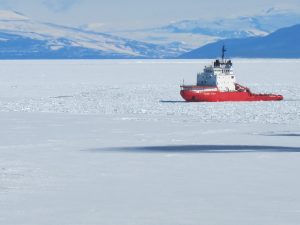
The ‘icebreaker-gap’ – how US icebreakers are assigned new, symbolic roles as part of an escalating military competition in the Arctic
By Lin A. Mortensgaard & Kristian Søby Kristensen, Centre for Military Studies, Department of Political Science, University of Copenhagen Under construction: “The largest icebreaker in the world” In the high summer of 2020 U.S. President Donald J. Trump suddenly spoke enthusiastically about icebreakers: we have, under construction right now, the ...
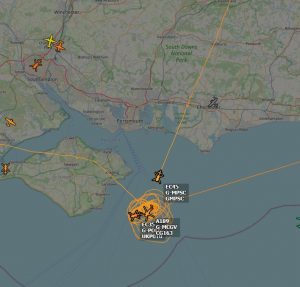
What the Nave Andromeda incident tells us about UK maritime security
Scott Edwards & Tim Edmunds On October 25th at around 10am, just off the coast of the Isle of Wight, seven stowaways turned violent and threatened the crew of the Nave Andromeda, sparking concerns of a hijacking and intervention by the coastguard and police. A three-mile exclusion zone was put ...
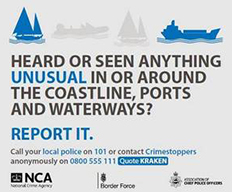
Project Kraken at 13: Has the UK’s Naval Neighbourhood Watch Failed?
Summer 2020 was a miserable one on the Channel. On 19 August, it was confirmed that a migrant’s life was lost, one week after the deployment of a Royal Air Force ‘submarine hunter’, a Boeing P8-A Poseidon, to the Channel to support Border Force in the face of burgeoning migrant ...
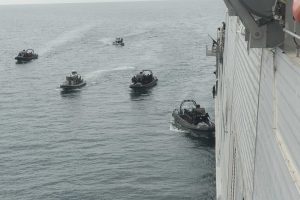
Using crime script analysis to better understand piracy manifestations
By Bryan C. Peters Despite the undeniable social relevance of piracy, criminologist have lagged behind other fields in its study. In 2009, Forsyth, Gisclair and Forsyth aptly noted that, “most criminologists are landlocked…as if crime on the water did not exist”.Forsyth et al., “Waterborne crime: Examining contemporary piracy”, 669-670. Although ...
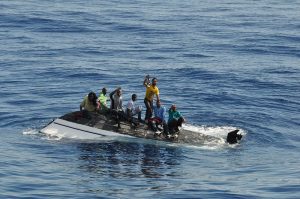
Why are more small boats crossing the English Channel – and why are border forces struggling to stop them?
By Tim Edmunds and Scott Edwards The number of migrants crossing the English Channel in small boats has increased significantly – up to 4,343 this year compared with 857 in the same period last year. The number of lurid headlines calling for action has also increased significantly but the issue ...
